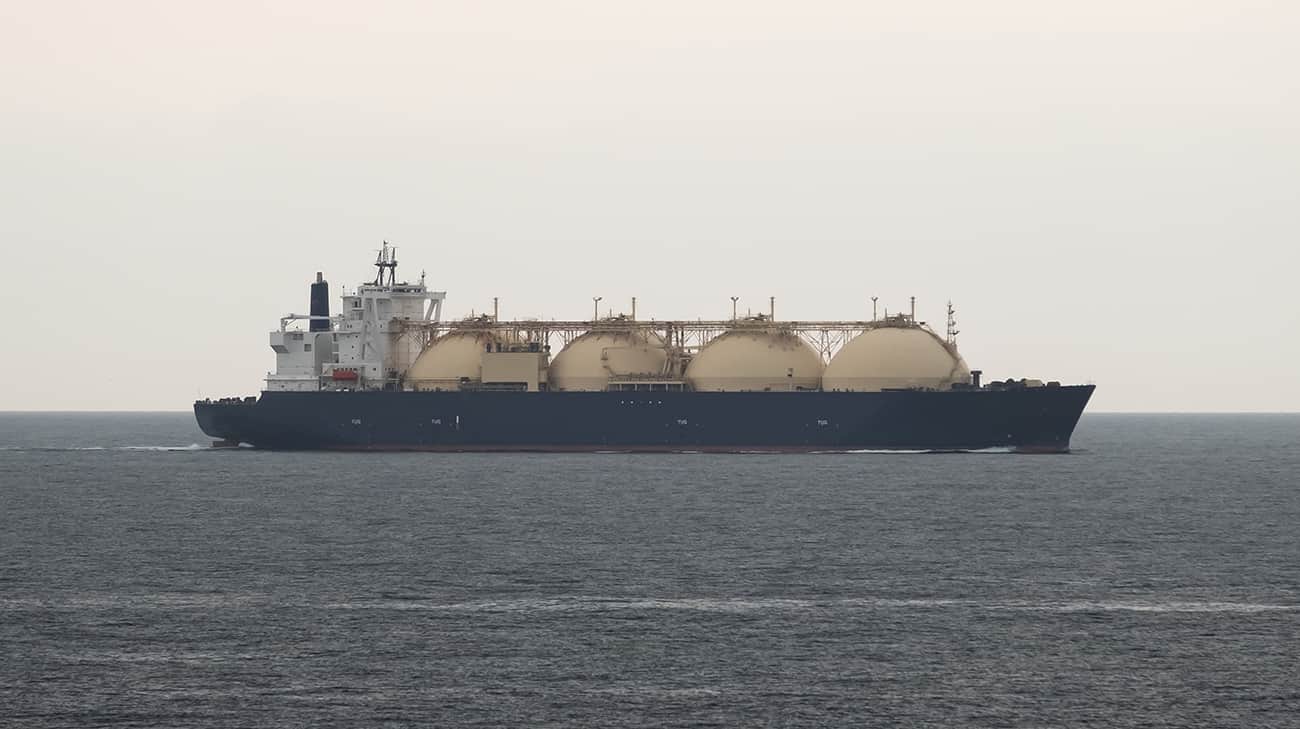A tanker. Stock photo: Getty Images
France and Belgium, the two largest buyers of Russian liquefied natural gas (LNG), are refusing to support the European Commission’s proposed plan to ban gas supplies from Russia.
Source: European Pravda, citing Politico
Details: The publication writes that these countries are demanding additional guarantees regarding the economic and legal consequences of this step before making a decision.
Advertisement:
In particular, France, which buys the most Russian LNG, says it prefers a strategy of seeking alternative supplies.
Belgium, which ranks second, wants to see a report detailing the economic consequences before making a decision.
“What we’re defending is a European strategy of diversification … which is already on the table,” French Energy Minister Marc Ferracci said in an interview with Politico, referring to France’s plan to replace Russian supplies with Qatari products.
The French minister also raised the issue of the “legal certainty” of Brussels’ proposal, fearing that private companies could face Russian lawsuits over unfulfilled contracts.
France’s TotalEnergies, for example, is currently bound by a supply contract with Russia’s Novatek until 2032 and also owns a 20% stake in the Yamal project, which operates an LNG plant in Siberia.
Belgium, which intends to continue receiving and storing Russian LNG until 2035, also wants the European Commission to allay its concerns.
Before the EU presents its proposals, “we ask the Commission to present an in-depth impact assessment” of these measures, said Belgian Energy Minister Mathieu Bihet.
He said the country would hold technical talks on the measures’ impact on Belgium’s LNG infrastructure.
France and Belgium’s hesitation is at odds with the position of Spain and the Netherlands, other major importers of Russian LNG in the EU. Both countries have said they are ready to support the future plan.
According to data from the Kpler commodity platform, these four countries imported 16.77 million tonnes of Russian liquefied gas last year, accounting for 97% of total EU imports and more than half of Moscow’s global exports. Collectively, they have spent more than €6 billion on LNG purchases from Russia.
Support from all four countries will be crucial for the European Commission, as Hungary and Slovakia are likely to try to block the ban so that they can continue purchasing Russian energy resources.
In addition, many politicians and industry representatives in the EU are calling for a return to Russian energy supplies after the end of Russia’s war against Ukraine, complaining about high electricity prices in Europe.
EU countries are currently considering conducting an economic and legal analysis across the Union.
One EU representative said that the Commission is preparing “a document that will analyse the impact” of these measures.
Background:
- The European Commission presented a roadmap for completely stopping Russian gas imports by the end of 2027, as well as minimising Russian oil imports.
- Hungarian Foreign Minister Péter Szijjártó criticised the plan, calling it an attack on Hungary’s sovereignty.
- Slovak Prime Minister Robert Fico also said he did not support the European Commission’s proposed roadmap for ending imports of Russian energy.
- Hungary and Slovakia are the only EU countries that rely on piped Russian gas and oil as their main source.
Support Ukrainska Pravda on Patreon!
